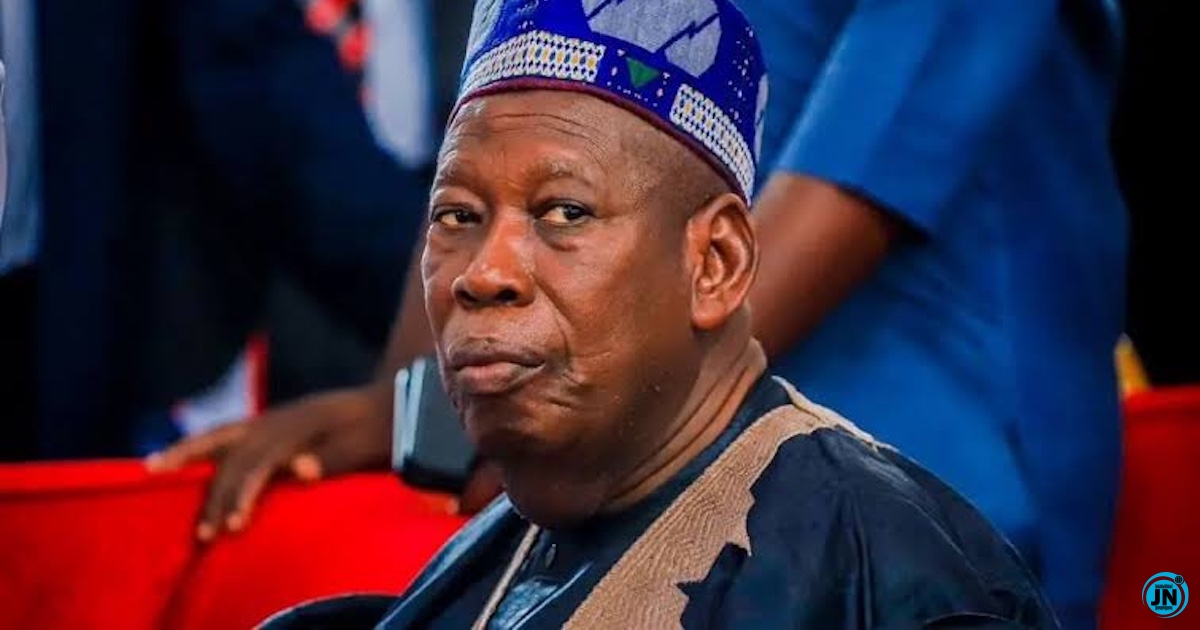
In a surprising turn of events, Abdullahi Umar Ganduje, the National Chairman of the All Progressives Congress (APC), has officially resigned from his position, with the resignation taking effect immediately.
The former Kano State governor, who assumed office as APC National Chairman in August 2023, cited health reasons for his decision to step down. According to his resignation letter, Ganduje stated that he needs to prioritize his personal well-being and attend to pressing health challenges.
However, despite the explanation provided, political analysts and party insiders believe that the resignation may be the result of more than just health concerns. Multiple sources have hinted at internal conflicts, ongoing controversies, and increasing pressure from various factions within the party as major contributors to his decision to exit.
Reports suggest that Ganduje’s tenure has been turbulent, marked by internal wrangling, legal battles, and allegations of financial impropriety. In particular, concerns were raised over what was described by some party members as “excessive financial demands” allegedly emanating from the office of the chairman. Disgruntled aspirants in the Federal Capital Territory (FCT) voiced their frustrations over the high costs reportedly associated with obtaining the APC ticket for local elections.
His administration as APC chairman was also impacted by judicial interventions. In April 2024, a Kano State High Court issued an ex parte order that temporarily restrained him from performing party functions due to internal disputes. Around the same period, a suit was filed by the APC North Central Forum seeking Ganduje’s removal, though it was later struck out by a Federal High Court in Abuja.
Ganduje, who served as the Executive Governor of Kano State from 2015 to 2023, had become a central figure in national politics and the internal operations of the APC. His leadership drew both praise and criticism, with opponents citing a lack of consensus-building and questionable financial practices.
As of the time of reporting, the APC has not issued any official communication regarding his resignation or named a successor, leaving the political space open to speculation and uncertainty. Observers are now watching closely to see how the party will manage the leadership vacuum, especially with the 2027 general elections on the horizon.
Ganduje’s resignation marks yet another significant political shake-up within Nigeria’s ruling party, raising critical questions about leadership stability, accountability, and the internal democratic structure of the APC moving forward.

